
Many behavioral scientists propose and test interventions that attack policy problems by seeking to change individual behavior (adopting an “i-frame”) rather than the system in which they operate (an “s-frame”). Such i-frame interventions, which typically have small or null effects, reduce support from more effective systemic actions (such as regulation and taxation). For this reason, researchers advocating i-frame solutions may have unwittingly helped promote the interests of corporations who oppose systemic change.
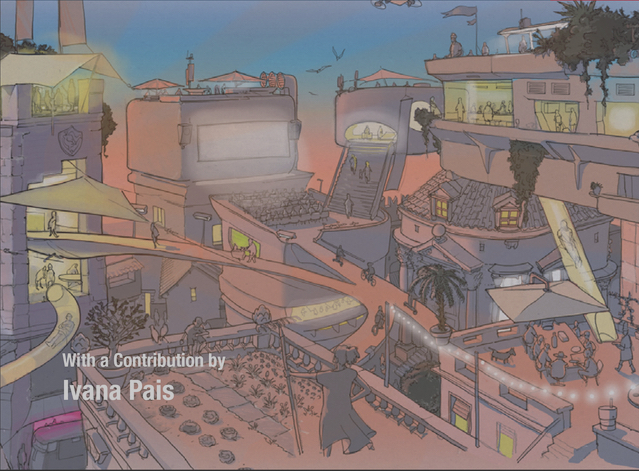
Ezio Manzini's ideas for the city that cares.
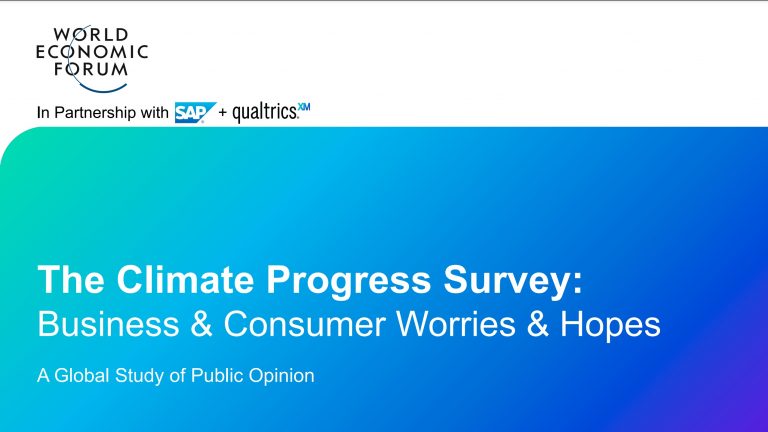
A study by the World Economic Forum, Qualtrics and SAP suggests we are far from reaching a consensus about who is responsible for taking action on climate change and who is trusted to do so
Results suggest 81% of people say businesses are primarily responsible for taking action on climate change, yet only 28% trust businesses’ claims about sustainable practices.
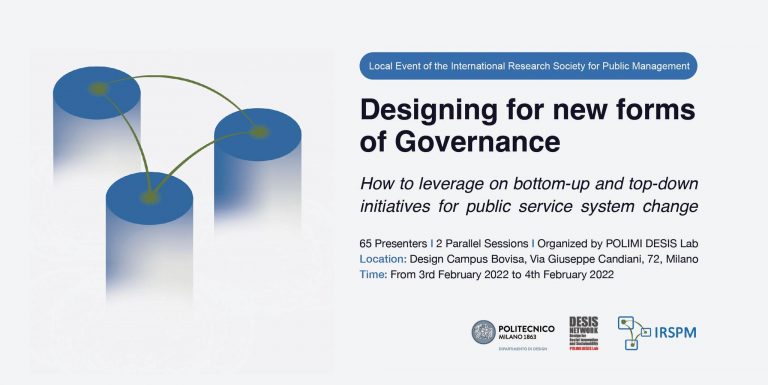
ToNite project presented at Milan conference on design-led approaches to renewing public management and governance
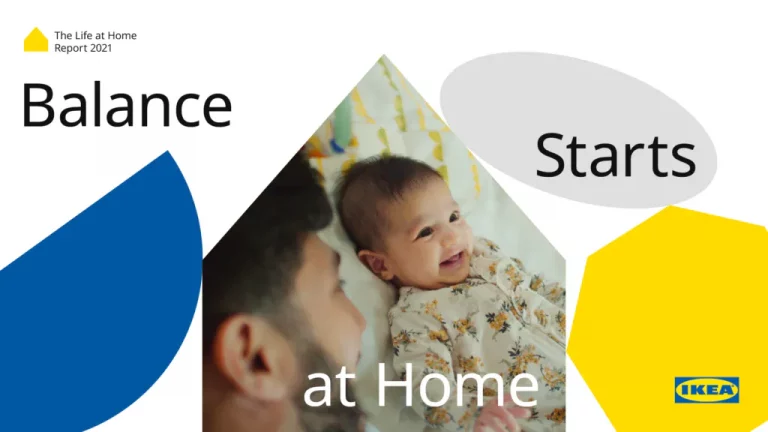
Global research released by IKEA Retail (Ingka Group) reveals the vital role that home has played in meeting people’s mental wellbeing needs during the pandemic.

Conspiracy theories and misinformation about QAnon, COVID-19 and 2020 election fraud took a deadly turn in 2021. As bad as things were last year, experts worry it'll get worse in 2022.

This article explore the promises of security that are embedded in the smart city technologies and algorithms and their potential implications for creating social inequality and discrimination, through an ethnographic study of the Living Lab Stratumseind, a popular nightlife street in Eindhoven.

With this product, writes anthropologist Sally Applin in MIT's Technology Review, "Facebook is claiming the face as real estate for its own technology."

Download free Experientia report on the role of consumer behavior in making food purchasing and product packaging more sustainable.
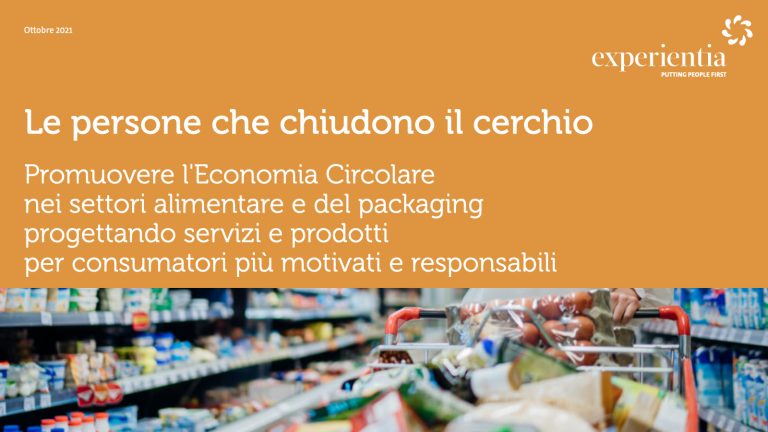
Rapporto gratuito di Experientia sul ruolo del comportamento dei consumatori nel rendere più sostenibile l’acquisto degli alimenti e il packaging dei prodotti.

Research shows public deliberation can change participants’ opinions when it comes to public policy. Citizens who participate in mini-publics often listen to the arguments of others and form different views. They also often produce robust decisions, which are then - unfortunately - ignored by policy makers.

A bold reassessment of "smart cities" that reveals what is lost when we conceive of our urban spaces as computers.

Research in US, Denmark, Hungary and Italy suggests that the ongoing pandemic places many countries at an increased risk of political unrest. The violence that marked some of the 2020 demonstrations was likely a manifestation of the psychological toll the pandemic has had on citizens.

Danish social scientist Michael Bang Petersen illuminates the evolutionary foundations and social processes involved in the spread of outright falsehoods.

People care and act to manage their privacy, but face steep psychological and economic hurdles that make not just desired, but also desirable privacy nearly unattainable. Approaches to privacy management that rely purely on market forces and consumer responsibilization have failed.

But scientists are getting better at measuring where each system fails.
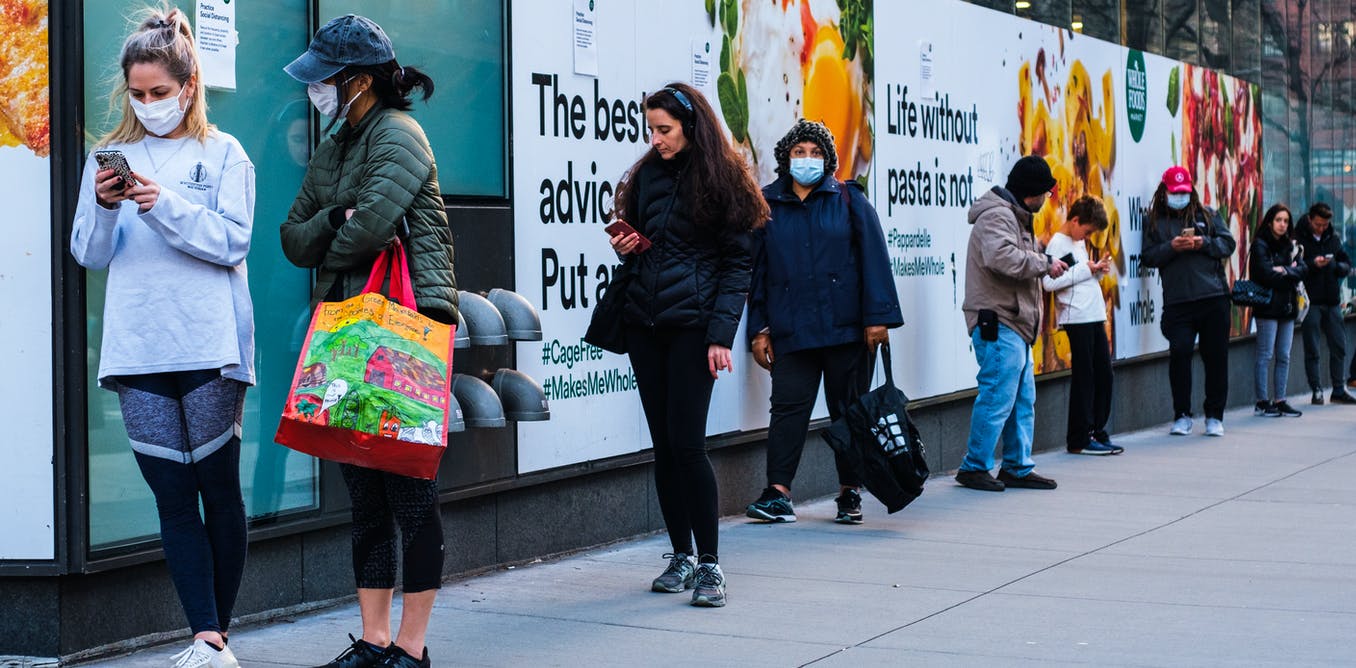
Several Covid-19 policies have shown "just how deeply some governments distrust their citizens. As if the virus was not enough, the public was portrayed as an additional part of the problem". But, asks Prof. Stephen Reicher of the University of St Andrews, "is this an accurate view of human behaviour"?
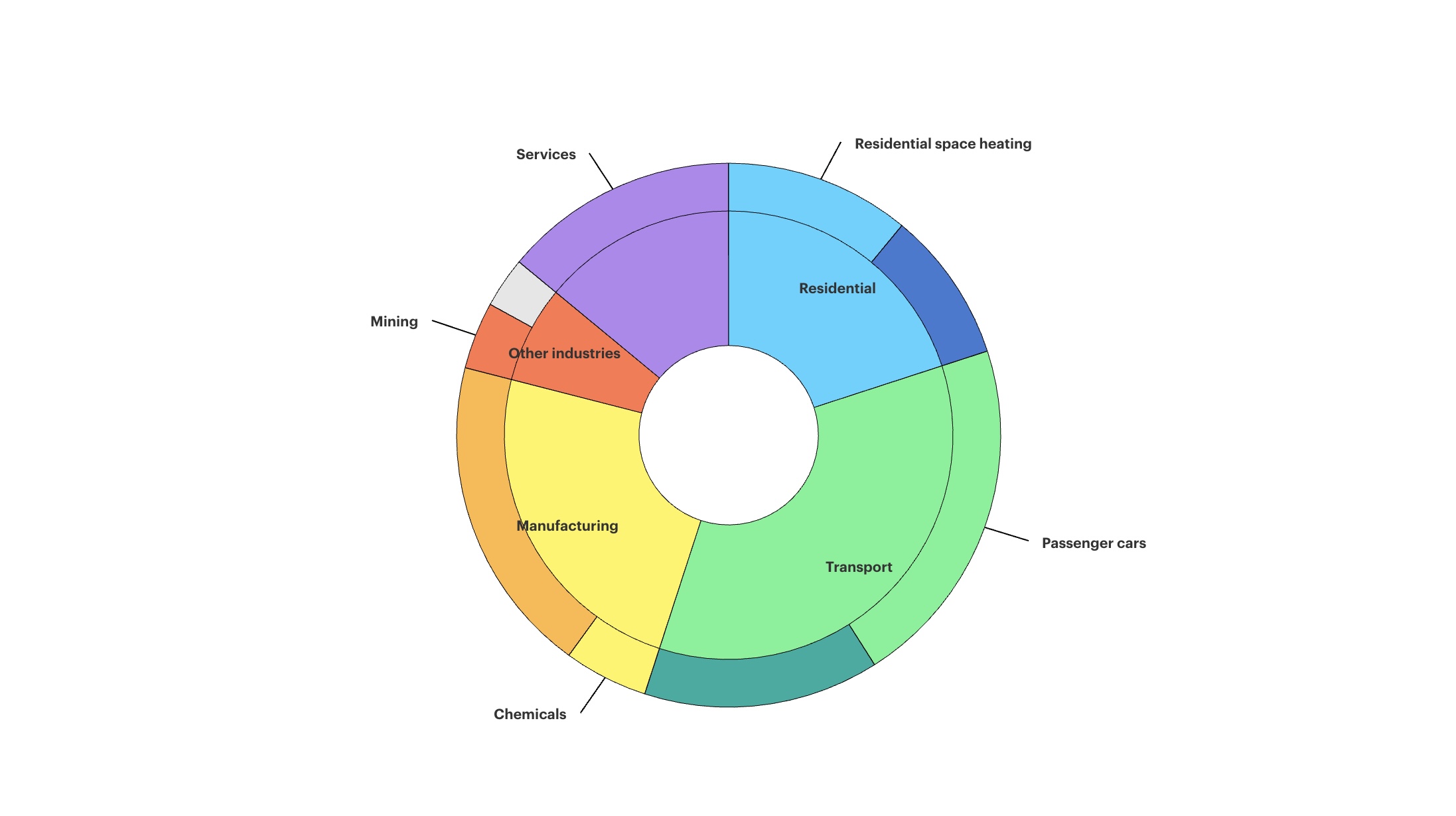
Individuals and households can adopt a variety of measures to optimise their energy consumption, writes Elisabatta Cornago of the International Energy Agency. This article focuses on the potential for enhancing energy efficiency with policies and programmes designed to educate consumers and encourage them to alter their daily habits – without resorting to large-scale structural improvements.

During its first year of activity, the Behavioural Insights Platform of the UsersTCP, with the IEA (International Energy Agency), has developed an environment scan report assessing how behavioural insights have been applied to demand-side energy policy and programmes.

Gillian Tett, anthropologist and chair of the US editorial board of the Financial Times, has published - in the Guardian - her list of 10 books offering insights into how we structure our lives.




















